Optimal Timing for Antenna Removal
Antenna removal service is most effectively scheduled during periods of low weather activity, such as late fall and winter, to ensure safety and minimize disruptions. Seasonal conditions can impact the safety and accessibility of antenna structures, making timing critical for successful removal.
Late fall and winter are ideal due to decreased wind and storm activity, reducing risk during the removal process.
Avoid scheduling during heavy rain, snow, or storms to ensure safety and prevent delays.
Timing removal when antennas are less exposed to harsh weather helps maintain structural integrity during disassembly.
Certain jurisdictions may have seasonal restrictions or permit requirements that influence timing.
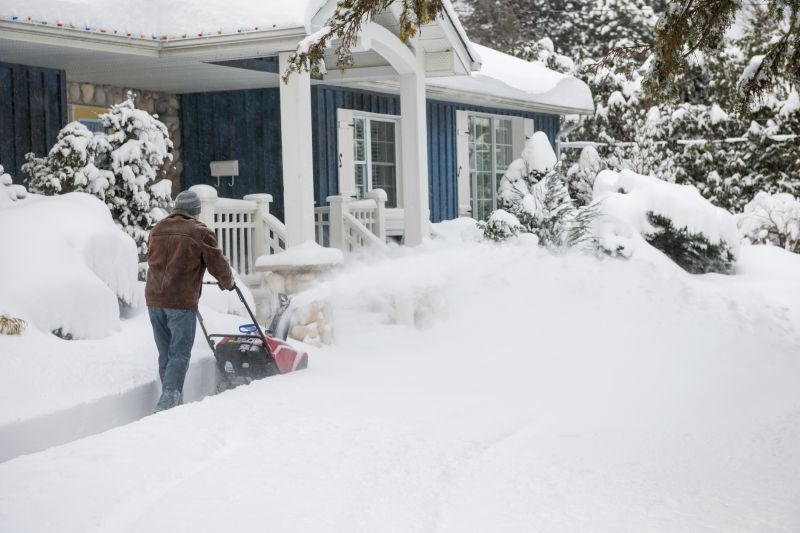
Snow and ice can complicate removal, but cold weather reduces wind activity.

Fall offers mild weather and less storm risk, making it a suitable time.

Spring can be suitable before storm season begins, but weather variability should be considered.
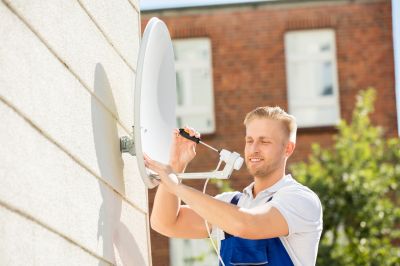
High winds and storms make summer less ideal for antenna removal.

Adverse weather conditions increase safety risks during removal activities.
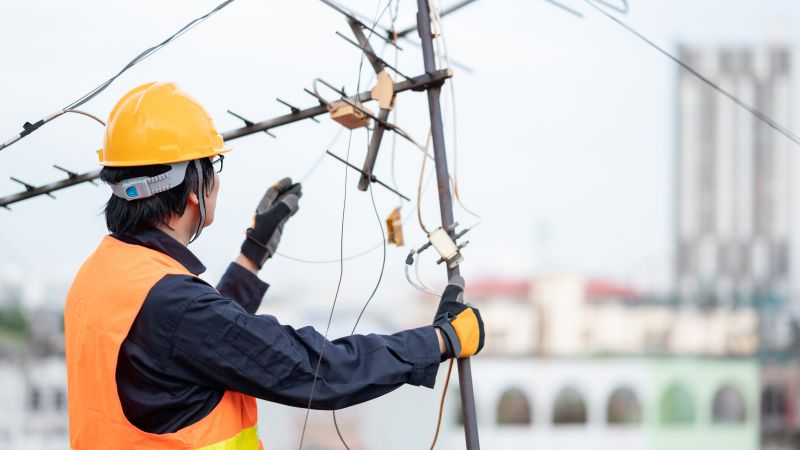
Perform inspections before scheduling removal to identify potential hazards.

Some regions require permits during specific times of the year.
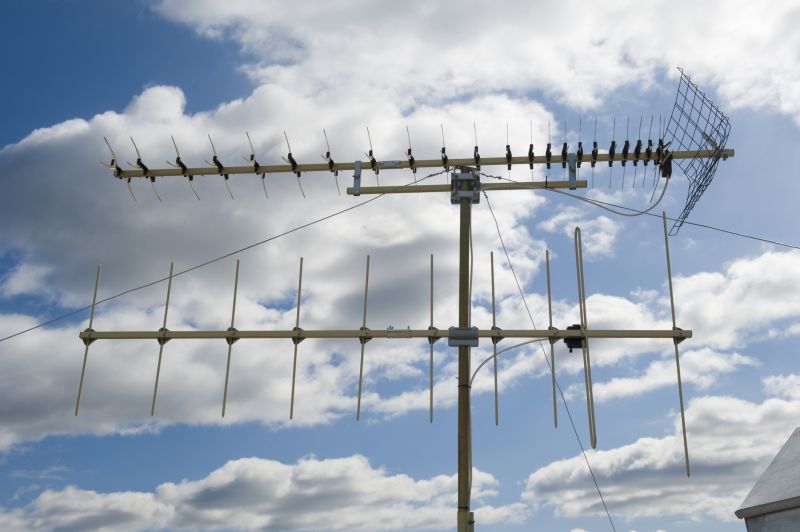
Avoid scheduling during peak storm seasons for safety reasons.
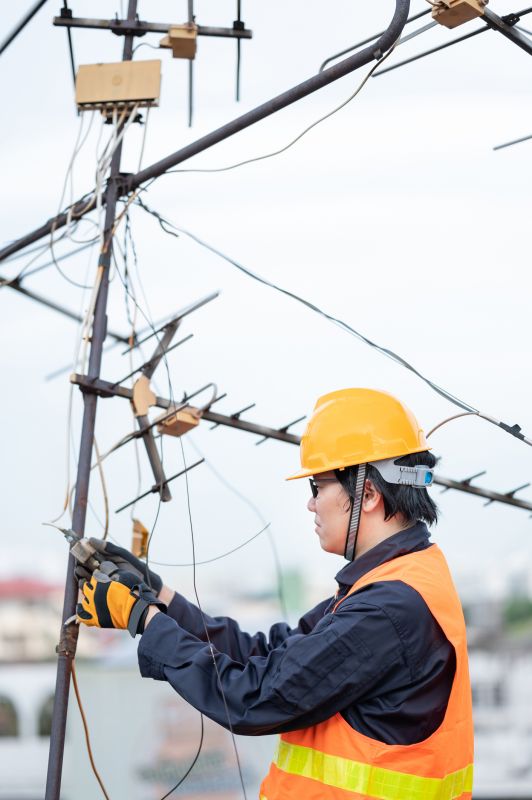
Scheduling during off-peak times can reduce costs and scheduling conflicts.
| Aspect | Optimal Timing |
|---|---|
| Weather Conditions | Late fall and winter |
| Storm Risk | Avoid during storm seasons |
| Structural Stability | Post-storm or calm periods |
| Permits and Regulations | Check local seasonal restrictions |
| Inspection Cycles | Align with routine maintenance |
| Accessibility | Dry, stable weather |
| Safety Considerations | Clear, calm conditions |
| Cost Factors | Off-peak seasons |
Antenna removal services involve disassembling and safely lowering structures that may have been exposed to various weather conditions over time. Proper timing ensures safer operations, reduces potential damage to structures, and minimizes service delays. Accurate scheduling aligned with seasonal weather patterns and local regulations can optimize safety and efficiency in the removal process.
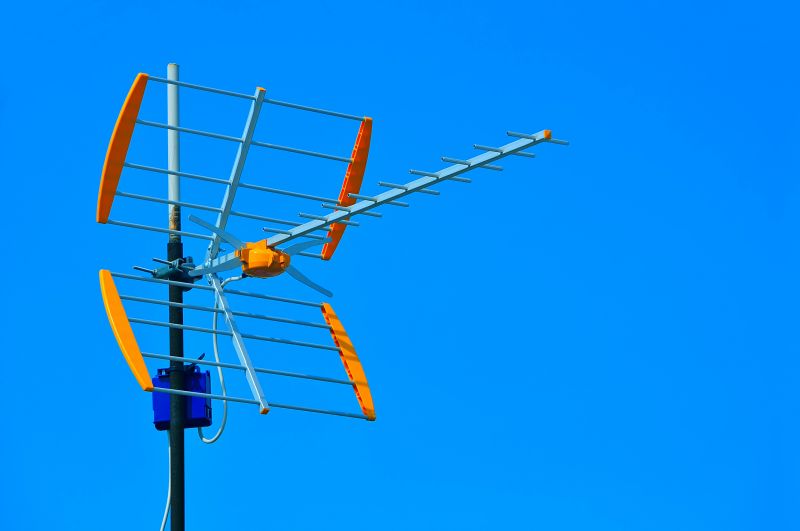
Clear conditions facilitate safer and more efficient removal.
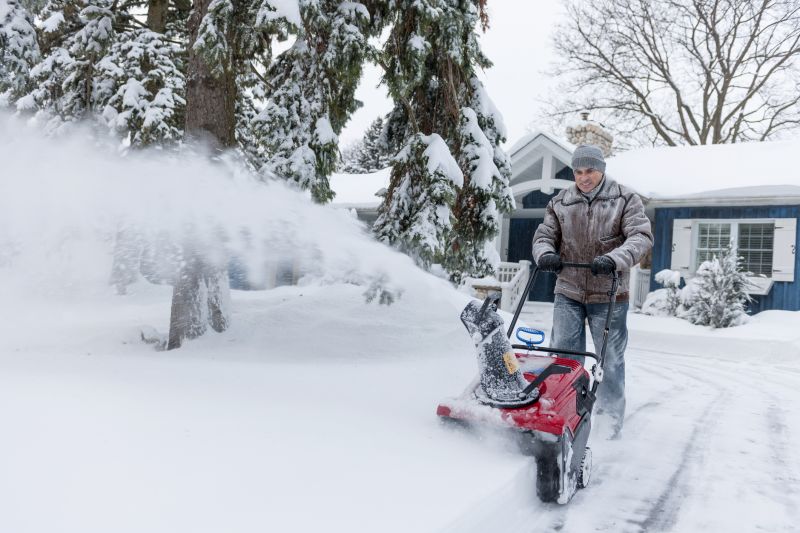
Reduced wind activity lowers risk during disassembly.
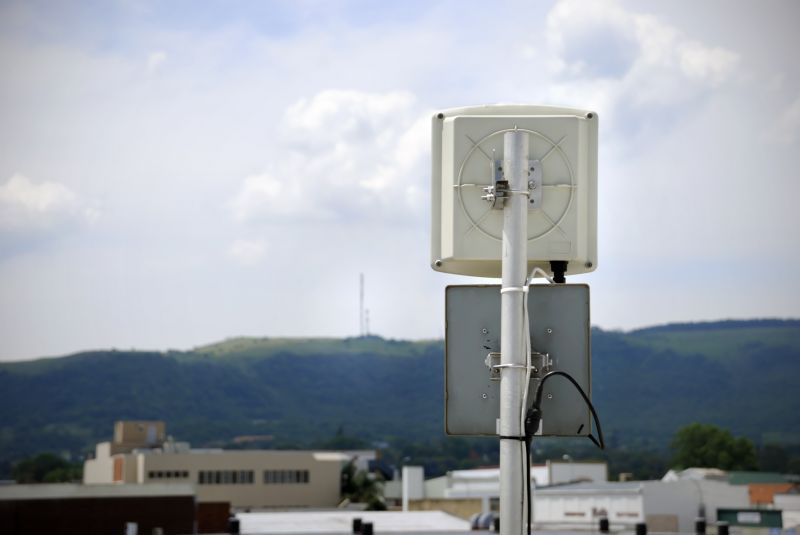
Ideal for preparing structures before storm season.
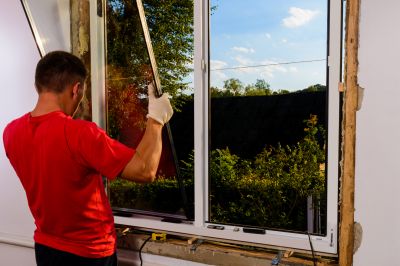
High winds and storms can delay or complicate removal.
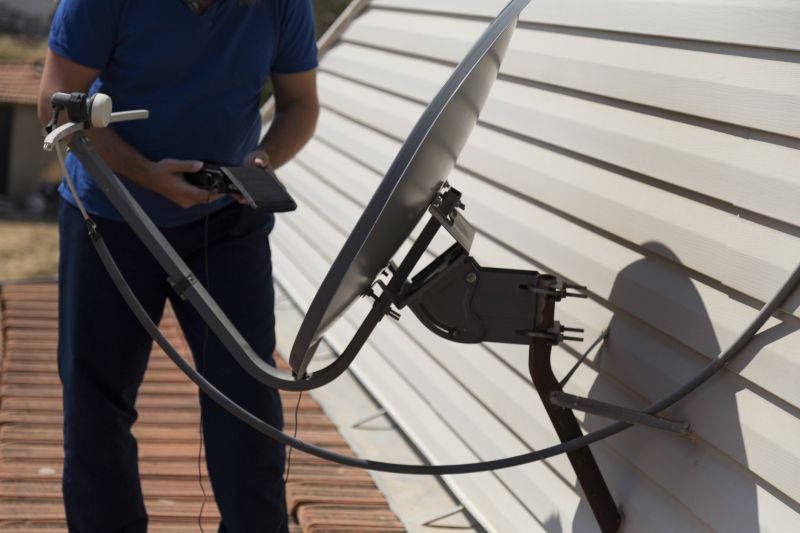
Ways to make Antenna Removal Service work in tight or awkward layouts.
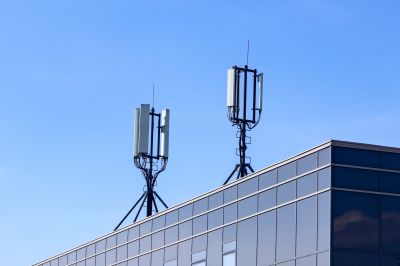
Popular materials for Antenna Removal Service and why they hold up over time.
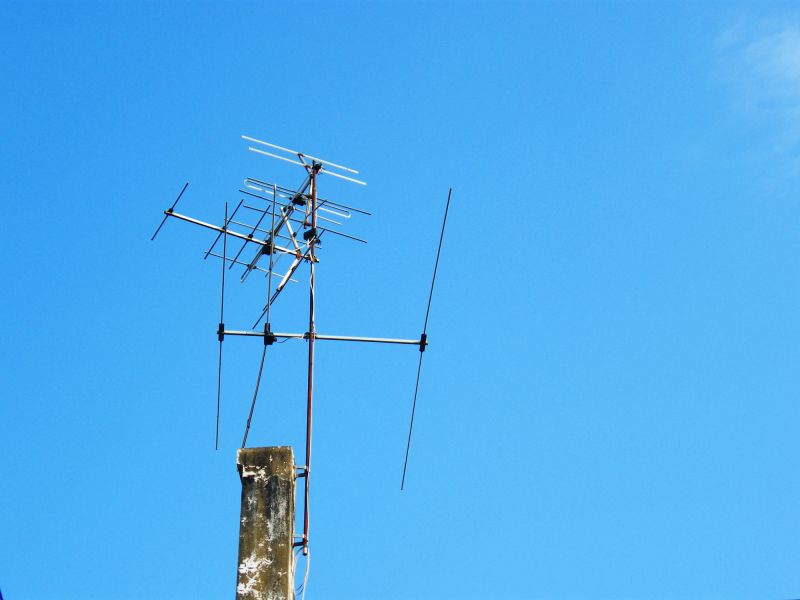
Simple add-ons that improve Antenna Removal Service without blowing the budget.
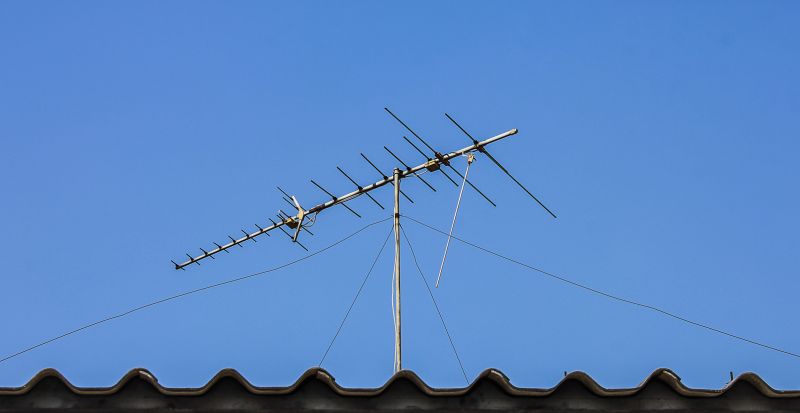
High-end options that actually feel worth it for Antenna Removal Service.
Interested parties should consider seasonal weather patterns, structural condition, and local regulations when planning antenna removal. Proper timing not only enhances safety but also ensures compliance and cost-effectiveness. For further assistance or to schedule a service, contact through the appropriate channels to discuss timing options and requirements.
